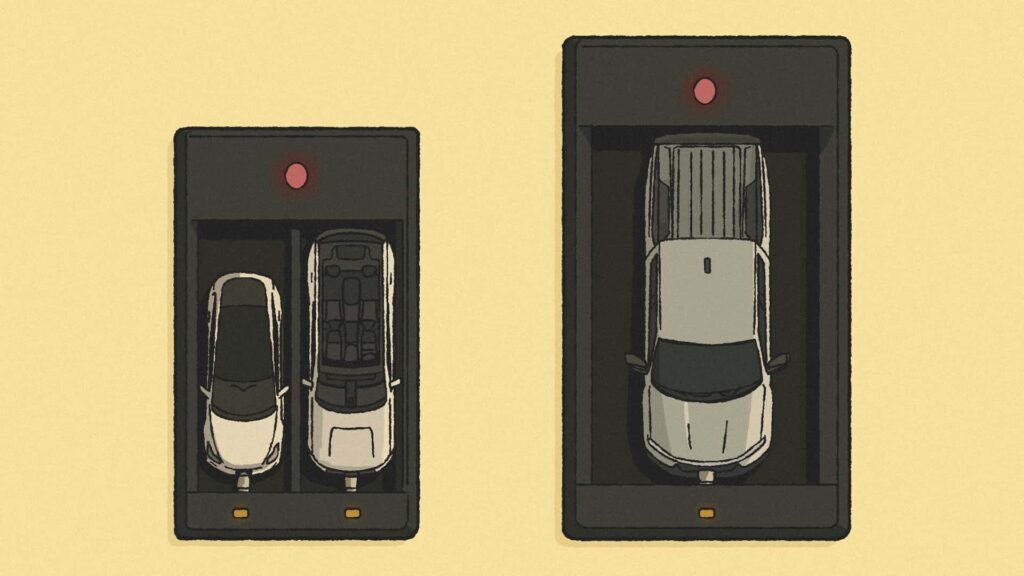Living in the Midwest, particularly in Ohio, presents unique challenges for promoting electric vehicles (EVs) due to prevalent misinformation among consumers. Despite the misconceptions surrounding EVs, I believe that debunking these myths is crucial for advancing the adoption of sustainable transportation in the region.
One common misconception I encounter is the belief that EVs are expensive to run and take too long to recharge. Many Ohio residents express skepticism about the viability of EVs as mainstream transportation options and instead advocate for hybrid vehicles. However, even hybrid technology fails to fully convince some consumers, highlighting the need for accurate information about the benefits of EVs.
Recently, I had the opportunity to test drive the Chevrolet Silverado EV, a large electric truck with impressive specifications in terms of range and towing capacity. However, my experience with the Silverado EV revealed the drawbacks of oversized batteries in terms of charging time and cost. The truck’s 170 kilowatt-hour battery led to exorbitant charging expenses and lengthy charging sessions, undermining the perception of EVs as cost-effective and convenient alternatives.
While the Silverado EV exemplifies the challenges posed by large battery sizes, it also underscores the importance of prioritizing efficiency and smart design in EV development. Smaller EVs with lighter batteries, such as the Lucid Air sedan and Hyundai Ioniq 6, demonstrate the effectiveness of compact battery systems in enhancing range and reducing charging time.
Moreover, the environmental impact of manufacturing and disposing of large batteries should not be overlooked. As automakers strive to develop innovative battery technologies and enhance the efficiency of EVs, the focus should shift towards sustainability and affordability.
In conclusion, the future of EVs lies in embracing smaller batteries and optimizing design choices to deliver cost-effective and environmentally friendly transportation solutions. By addressing the challenges associated with oversized batteries, automakers can pave the way for widespread adoption of EVs and reshape the automotive industry towards a greener and more sustainable future.

